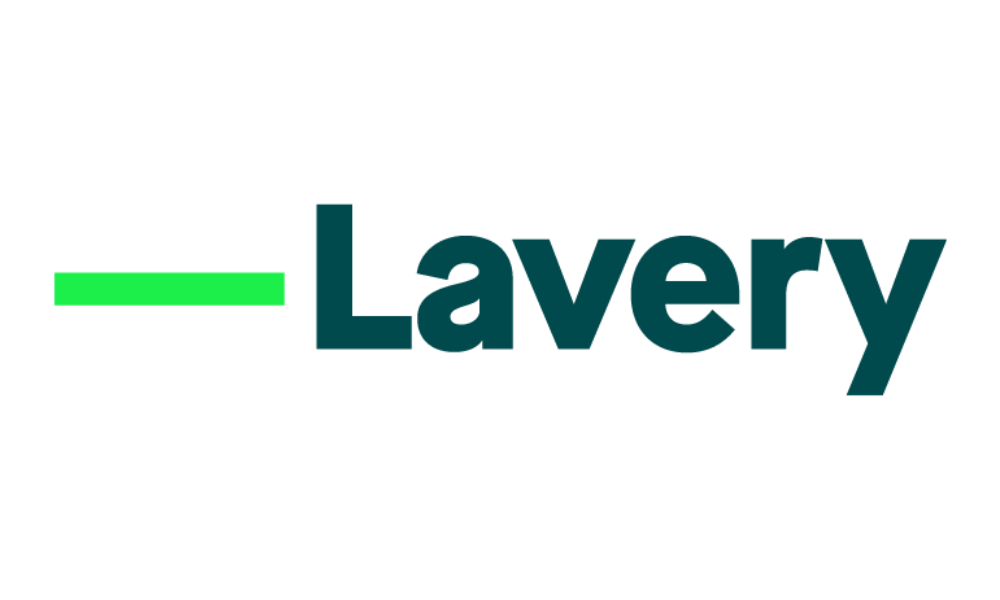Recent Articles
After the launch of Hydro One’s new billing system in 2013, many of its 1.3 million customers were affected by a variety of billing problems including overcharging, delayed bills, and undercharging.
The Ontario Ombudsman launched a 15-month investigation, reviewing masses of documents, conducting numerous interviews, and ultimately resolving thousands of customer complaints. In May 2015, the Ombudsman released its report entitled “In The Dark”; as Justice Paul Perell of the Ontario Superior Court of Justice later found, it was “scolding and scalding.”
Several months later a class proceeding was commenced seeking millions of dollars in damages. The plaintiff claimed that Hydro One’s billing system may have a continuing undiscovered defect, which could be overcharging some customers in some manner.
In November 2017, Justice Perell refused to certify the claim as a class action. He found there was no commonality of any significance -- i.e., no proposed common issues, such as whether Hydro One had a duty to produce accurate bills – that would advance class members’ claims in any real way. Justice Perell found that the plaintiff did not point to any common billing error, and that the “inquisitorial design” of the case was not “appropriate for a class action.”
Justice Perell also found that a class action was not the preferred procedure by which to resolve the issues. Justice Perell noted that the Ombudsman made 65 recommendations, all of which were implemented in 2015 by Hydro One. Hydro One spent $88 million to improve its systems, and paid more than $12 million in goodwill credits to customers. Hydro One’s regulator, the Ontario Energy Board (OEB) oversaw Hydro One’s review and improvements. In 2015, the Ontario government enacted new “billing accuracy” regulations, which now require 98% of all bills to be accurate.
In a decision released December 31, 2018, the Ontario Divisional Court (per Justices Lynne Leitch, Graeme Mew and Frederick Myers) dismissed the appeal.
"Suffice it to say that we are satisfied that the motion judge properly weighed relevant factors to reach his conclusion that a class action was not the preferable procedure,” Justice Leitch wrote for the Divisional Court. “He noted that the goals of the [Class Proceedings] Act are met by the OEB, which is the legislature’s chosen and preferred vehicle to regulate the respondents’ behaviour and considered what had been and was capable of being accomplished under public law process.”
If you're looking for litigation lawyers especializing in public law in Canada, please click here.
On March 26, 2019, the Court of Appeal for Ontario dismissed the plaintiff’s application for leave to appeal.
Laura Fric, Lawrence Ritchie and Robert Carson of Osler, Hoskin & Harcourt LLP represented Hydro One.
Kirk Baert and Garth Myers of Koskie Minsky LLP, Eric Hoaken of Lax O’Sullivan Lisus Gottlieb LLP and Ian Matthews, now at Borden Ladner Gervais LLP, represented the plaintiff.




